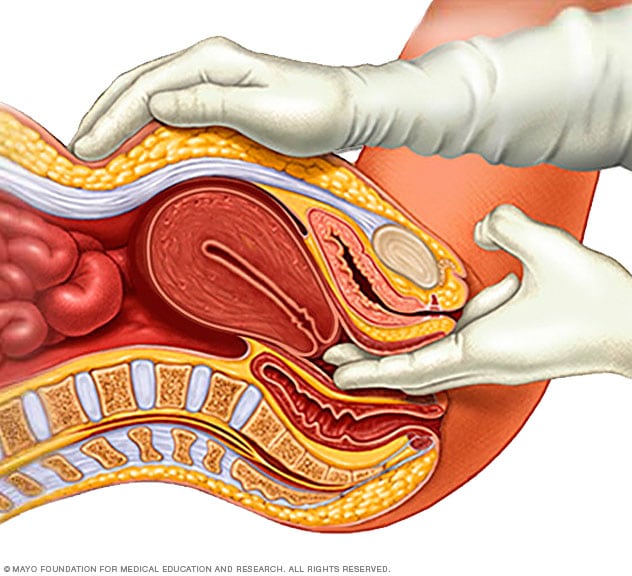
Endometrial cancer is a type of cancer that affects the lining of the uterus. It is the most common type of uterine cancer and typically occurs in women after menopause. However, it can also affect younger women. Being aware of the symptoms of endometrial cancer is crucial for early detection and prompt treatment. If you experience any of these symptoms, it is important to consult a healthcare professional for a thorough evaluation.
Endometrial cancer often doesn’t show symptoms in the early stages, which is why regular check-ups are important. However, as the cancer progresses, certain signs may start to manifest. Understanding these symptoms can help in early diagnosis and effective management of the condition.
Irregular Menstrual Bleeding
One of the most common symptoms of endometrial cancer is abnormal vaginal bleeding, particularly in postmenopausal women. This can include bleeding between periods, heavier or longer menstrual periods than usual, or bleeding after menopause. If you experience any unusual bleeding, it’s important to consult your healthcare provider for further evaluation.
Pelvic Pain
Endometrial cancer can also cause pelvic pain, which may feel like cramping or pressure in the pelvic area. This pain may not be associated with menstruation or other non-cancerous gynecological conditions, so it is important to seek medical attention if you experience persistent pelvic discomfort.
Painful Urination
Another symptom of endometrial cancer is pain or discomfort during urination. This can be attributed to the cancer affecting the nearby urinary tract or the bladder. If you notice any changes in your urination pattern or experience pain while urinating, it is important to bring it to the attention of your healthcare provider.
Pain During Intercourse
Endometrial cancer may cause pain or discomfort during sexual intercourse. This can be due to the presence of tumors impacting the vaginal wall or other reproductive organs. If you experience pain during intercourse that is not related to other factors such as dryness or lack of arousal, it’s essential to discuss this with your healthcare provider.
Unexplained Weight Loss
Rapid and unexplained weight loss can be a symptom of advanced endometrial cancer. If you experience a significant weight loss without making changes to your diet or physical activity, it’s important to have a medical evaluation to identify the underlying cause.
Enlarged Uterus
Some women with endometrial cancer may notice their uterus feels larger than usual. This can be a result of the cancer causing the uterus to increase in size. If you notice an abnormal enlargement of your uterus, be sure to discuss this with your healthcare provider.
Abdominal Swelling
Endometrial cancer can lead to abdominal swelling or bloating. This can be caused by the presence of tumors or fluid accumulation in the abdominal cavity. If you notice persistent abdominal swelling that is not resolving with changes in diet or exercise, it’s important to seek medical advice.
Changes in Bowel Habits
Some women with endometrial cancer may experience changes in their bowel habits, including constipation, diarrhea, or changes in stool shape and consistency. These changes can be indicative of the cancer affecting the nearby organs. If you notice any significant changes in your bowel habits, it’s important to bring it to the attention of your healthcare provider.
Fatigue
Feeling excessively tired or fatigued is a common symptom of many cancers, including endometrial cancer. If you are experiencing persistent fatigue despite adequate rest and sleep, it’s important to discuss this with your healthcare provider for further evaluation.
Anemia
Endometrial cancer can lead to anemia, a condition characterized by a low red blood cell count. Anemia can cause symptoms such as weakness, dizziness, and shortness of breath. If you experience any signs of anemia, it’s important to consult a healthcare professional for a proper assessment and management.

















